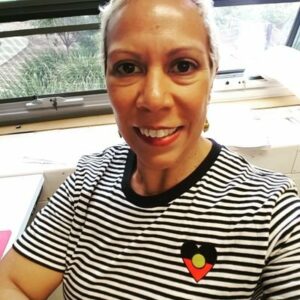What would you do if you had no say in the data collected about you, and you also couldn’t access that data after it was collected?
In this What That Means video, Camille talks with Dawn Nafus (Anthropologist and Senior Research Scientist at Intel Labs), Bobby Maher (member of the Maiam Nayri Wingara Indigenous Data Sovereignty Collective), and Karaitiana Taiuru (Māori Indigenous Data Specialist). They get into indigenous data sovereignty—including its definition, the history of cultural bias towards and lack of data access by indigenous peoples, and frameworks for more ethical data collection that directly involves indigenous groups themselves.
Defining Indigenous Data Sovereignty
Guest Bobby Maher shares her definition of indigenous data sovereignty as “the right of indigenous peoples to govern the collection, ownership, and application of data about indigenous communities, peoples, lands, and resources.” Historically, data collection about indigenous communities excluded input from the indigenous communities themselves, often due to cultural and racial biases. The effects of this are still seen today, which makes the topic very crucial to social and tech movements.
Cultural Bias in Data Collection and Data Accessibility
Cultural bias in the collection of data about indigenous groups has led to many negative impacts on indigenous communities. The cultural biases present in the data collection can be found in the framing of how the data was collected, the questions that were asked, and how the data has been de-contextualized and used to negatively portray indigenous groups.
This bias has also led to restrictions on indigenous peoples and their access to the data gathered about them. A recent example includes the restriction of access by the New Zealand Ministry of Health of Māori tribes requesting health data during COVID-19 immunization rollouts. Access to this health data could have helped save many community members’ lives.
Rethinking Data Collection and Data Privacy
Data privacy is often approached differently in indigenous groups compared to more Western perspectives. Therefore, regulations must be enforced yet considered differently, as well. With this, it’s necessary for indigenous peoples to have direct input in how their data is framed and collected. It’s also imperative for data collection of indigenous groups to follow the collection principles of self-identified indigenous collectives in order to preserve true indigenous data sovereignty.
Dawn Nafus, Anthropologist and Senior Research Scientist at Intel Labs

Having earned a Ph.D. from the University of Cambridge, Dawn now leads research at Intel Labs that enables socially-informed decision-making about Intel’s products. Her expertise is in health and environmental sensing, how data and measurement have changed societies, and digital research methods.
Bobby Maher, Member of the Maiam Nayri Wingara Indigenous Data Sovereignty Collective

Bobby Maher is currently a Ph.D. candidate at The Australian National University, where she is also a research associate. Her extensive research and advocacy have focused on Aboriginal and Torres Strait Islander health and social policy, as well as sexual health for Aboriginal youth and communities.
Karaitiana Taiuru, Māori Indigenous Data Specialist

Karaitiana holds a Ph.D. in Indigenous Studies from Te Whare Wānanga o Awanuiārangi, where researched Tikanga Māori and Data Sovereignty with DNA research. In his career over twenty years, Karaitiana has focused on digital Māori rights, cultural appropriation, data sovereignty and digital colonialism, te reo Māori revitalization with technology, Māori representation, and intellectual property rights.
Check it out. For more information, previous podcasts, and full versions, visit our homepage.
To read more about cybersecurity topics, visit our blog.
#datasovereignty #indigenousdatasovereignty #indigenouspeoples
The views and opinions expressed are those of the guests and author and do not necessarily reflect the official policy or position of Intel Corporation.
—–
If you are interested in emerging threats, new technologies, or best tips and practices in cybersecurity, please follow the InTechnology podcast on your favorite podcast platforms: Apple Podcast and Spotify.
Follow our hosts Tom Garrison @tommgarrison and Camille @morhardt.
Learn more about Intel Cybersecurity and Intel Compute Life Cycle (CLA).
